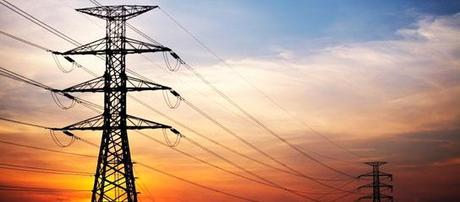
Five of the six big energy companies recently announced that their prices will be going up this winter. A new report from National Audit Office suggests that this trend could continue for another 17 years. The cost of gas, electricity and water is expected to increase at a higher rate than inflation, and lower income households will be the most affected.
Why is this happening now?
One of the major factors is the need to improve energy infrastructure — things like new power stations, improvements to power lines & gas pipes and so on. Another factor is the need to invest in renewable energy technology.
How much will be bill go up by?
According to research from investment bank UBS, it is predicted that prices could rise by a huge 46% by the year 2020. A report by the Guardian newspaper suggests that many typical households are already paying around £1,500 a year for their energy, meaning that many people could end paying over £2,000 a year in seven years time.
Who will be affected the most?
All households will be affected to some extent, but the government are particularly concerned about lower-income families who are already struggling to make ends meet. These price rises could potentially push them into fuel poverty.
What can I do?
Although the price rises are going to be difficult to avoid, you can minimise your energy bills by reducing the amount you use. If you are on a lower income, receive certain benefits, or live in a designated area, you might qualify for a grant for free insulation or a free boiler.
